Target State: FloridaElectoral College Votes: 27Voted for Bush: 2004Governor: Charlie Crist (R)State Senate: 14 Dem, 26 GOPState House: 43 Dem, 77 GOP
Races to watch: Amendment 2, the gay marriage ban that requires a 60% vote to pass; the four-way 2009 mayoral race in Ft. Lauderdale that includes two openly gay candidates, Earl Rynerson Jr. and Dean Trantalis.
Florida, with its tangled web of competing interest groups and distinctive regions, is an interesting mix: The ultimate showdown of get-out-the-vote efforts is combined with each party practicing the art of luring voters from the other's traditional constituencies.
"You can't really, in a state like ours, leave any slice unattended," explains Susan MacManus, professor of political science at University of South Florida-Tampa, "because every group can say, no matter how big or small, 'Well, if it's close, it's up to us.' And they're correct."
The demographic mix of young, old, Jews, African-Americans, Latinos (Cuban, Venezuelan, Colombian), churchgoers, liberals, gay, straight, renters, homeowners, and so on makes it difficult to get any strategic sense of which group or region to focus on.
MacManus samples the list: While the Jewish vote has typically gone Democratic in the past, she says Sen. John McCain has some appeal to older Jewish voters who are particularly interested in a strong president capable of protecting Israel's future; Democrats are picking up some ground with the Cuban vote, but Colombians and Venezuelans are leaning Republican on foreign policy, based on trouble in their own countries of origin; older voters, the most dependable voting demographic, are more inclined to like McCain's limited tax policies, but the young voters who turn out will overwhelmingly favor Sen. Barack Obama.
Yet both parties must compete for every vote because losing Florida and its 27 electoral votes could single-handedly spell defeat for McCain. Although Bush won the state by five percentage points in 2004, McCain is running about five points behind Obama in October's latest spate of polls.
Obama also enjoys two big advantages entering the final three weeks of the race: substantial edges in both fund-raising and new voter registrations.
Nothing penetrates competing interest groups like aggressive advertising, and Obama has been saturating the state, outspending McCain $2.2 million to $660,000 from September 28 to October 4, according to the Wisconsin Advertising Project. The ad gap is something MacManus will be monitoring as one potential indicator. "I'll be interested to see if McCain steps up his TV advertisements, because Obama has just been dominating the airwaves," she says.
Obama's financial advantage has created a ground game far superior to those run by either John Kerry or Al Gore, with about 350 paid staffers and 50-plus offices around the state.
"It was the Obama money that created these organizations and staffers on the ground, and they hit the ground running on registration," MacManus says, adding that they specifically targeted college campuses. Democratic registrations have outpaced Republicans by 2 1/2 to 1 this year; add in people who switched parties and the Florida Democratic Party posted a net gain of over 316,000 voters, while the Republican Party gained only about 129,000, according to The Washington Post.
But MacManus says Obama is still struggling to win over some disaffected supporters of Hillary Clinton, who overwhelmingly won the state's disqualified primary 50% to 33%.
"My experience is that it's mostly the older women over 50. The treatment of [Clinton] just totally reignited every bad memory they have of how it was to be treated as a ceiling breaker in a man's world. They didn't like it then, and they don't like it now," MacManus says.
"So the question is, What percent of these women will actually go through and vote Republican?" McManus continues. "Even if that's a percent or so, if it's a close race, that's got to be a problem."
Another wild card among voters is African-Americans who, energized by Obama's candidacy, have registered in record numbers in Florida this year. But following allegations of voter disenfranchisement in 2000, black participation plummeted in the 2004 and 2006, notes MacManus, and reports of voter suppression are already springing up across the state.
"Let's say you're an African-American voter in South Florida and you thought that your vote didn't count in 2000," she says, "If all you hear these days is 'There's not going to be any improvement,' you are not going to vote."
Overall, she says, the state is far better prepared for this election than it was in 2000, with new voting regulations and laws that have normalized the recount process throughout the state. "We have made a lot of strides," MacManus says. "Do I think there will be problems? Yes, but not because of a conspiracy. A lot of it's going to be because we have new voting equipment in 15 counties, and first-time voters tend to make errors."
She notes that early voting starts October 20 statewide, and elections officials are encouraging people to take advantage of the opportunity, partly to avoid long lines on Election Day but also to rectify any inconsistencies that might prevent someone from voting. "Problems that surface in early voting can be fixed before they devastate a person's right to vote," she says.
Though MacManus isn't making any bets on the presidential election, she predicts the Democrats will pick up seats in both the state legislature and in the U.S. Congress.
As for Amendment 2, which proposes to use the state constitution to ban gay marriage, that's as dependent on turnout as anything else. "I think the success of that is going to depend on the age makeup of the electorate that casts ballots," she says. "If a huge portion of younger voters, who are very much against it, show up, it has a chance of failing." The latest polling in September put support for the measure at 55%, below the 60% threshold it needs to pass.
The Advocate will have an in-depth piece on Amendment 2 tomorrow.
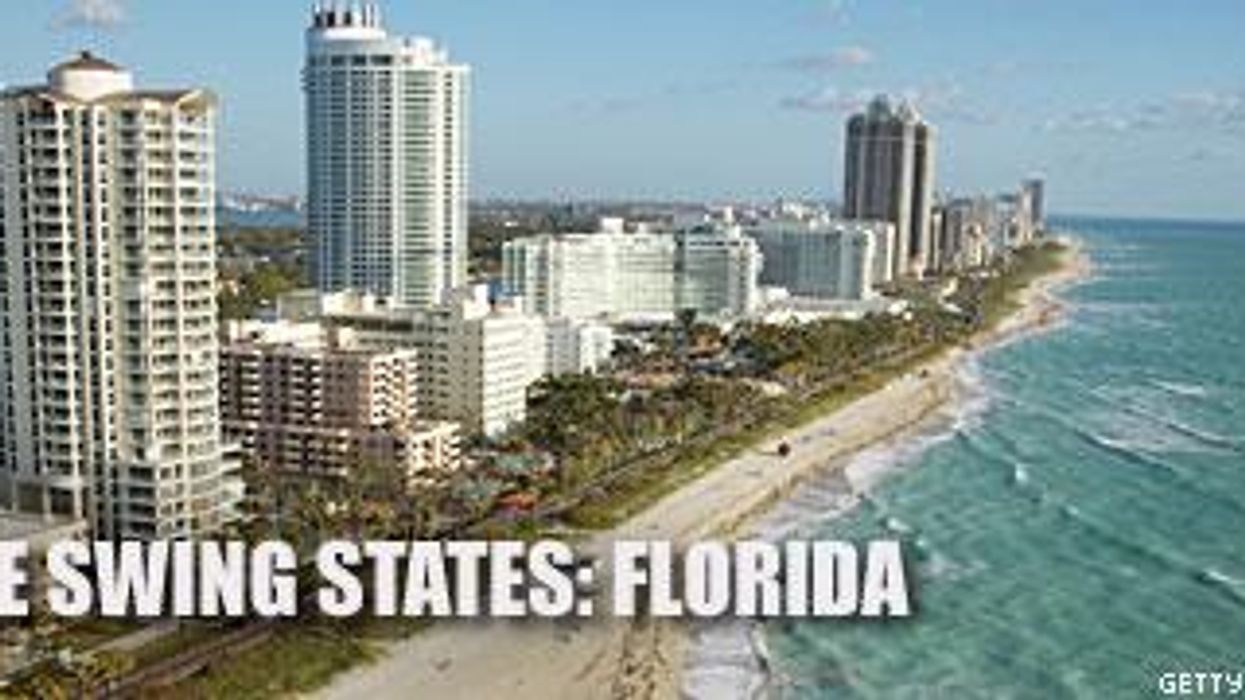

















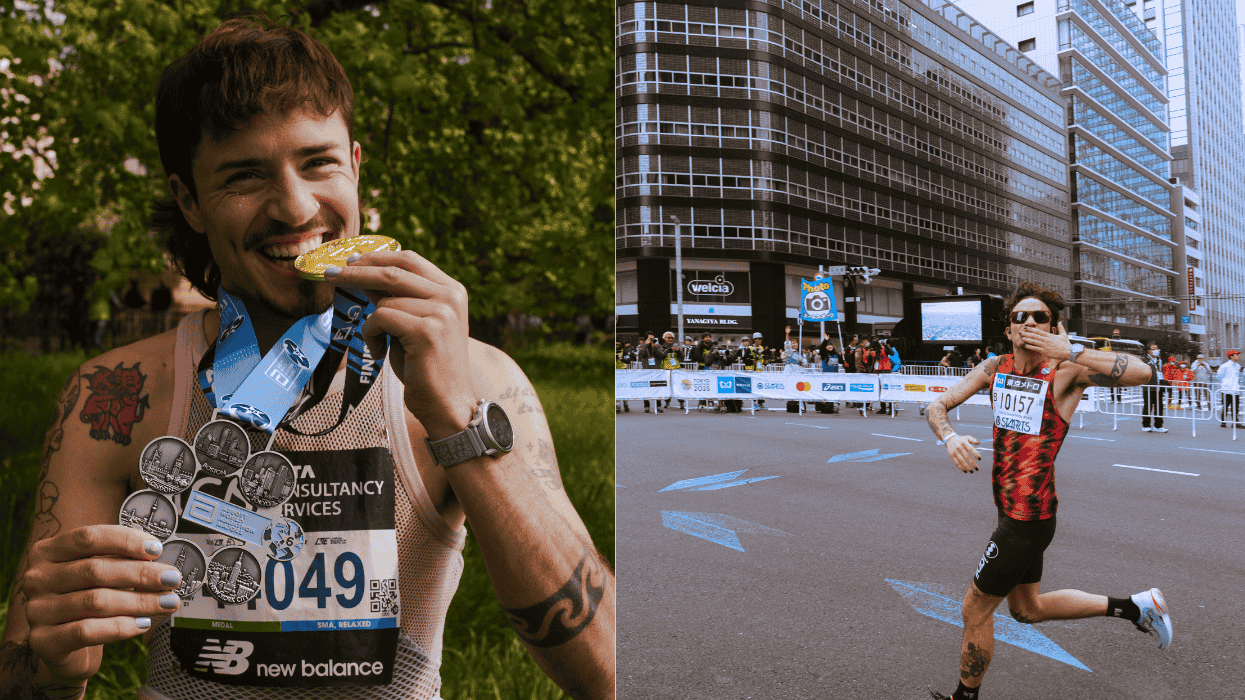











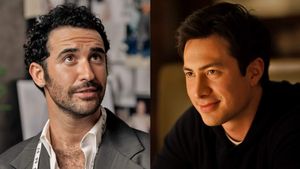









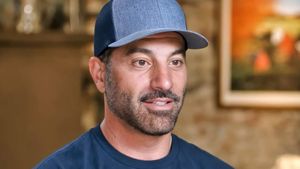






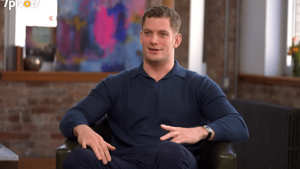





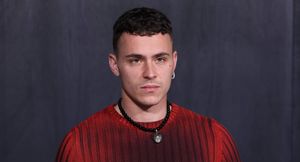






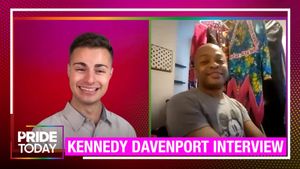





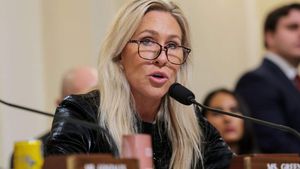

Charlie Kirk DID say stoning gay people was the 'perfect law' — and these other heinous quotes